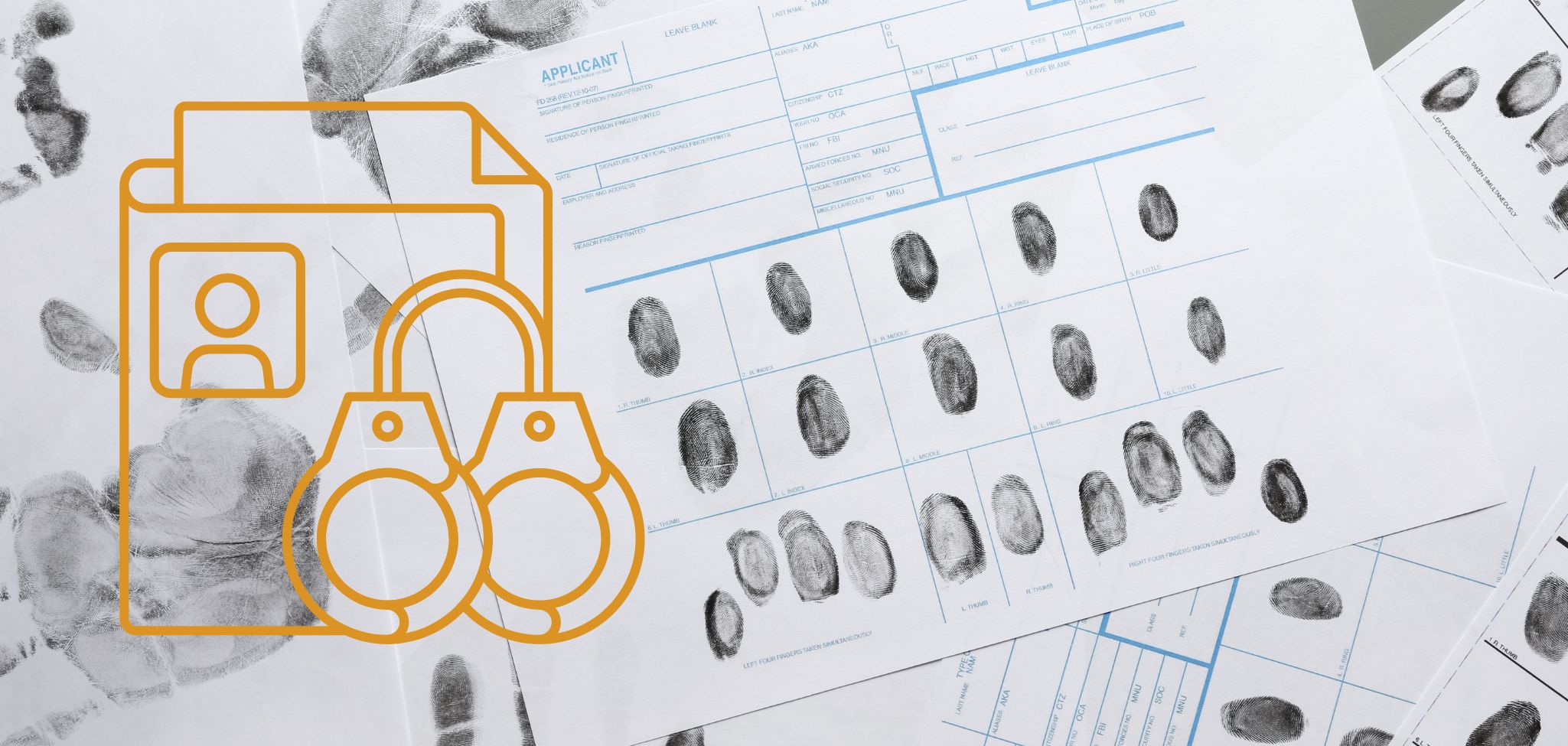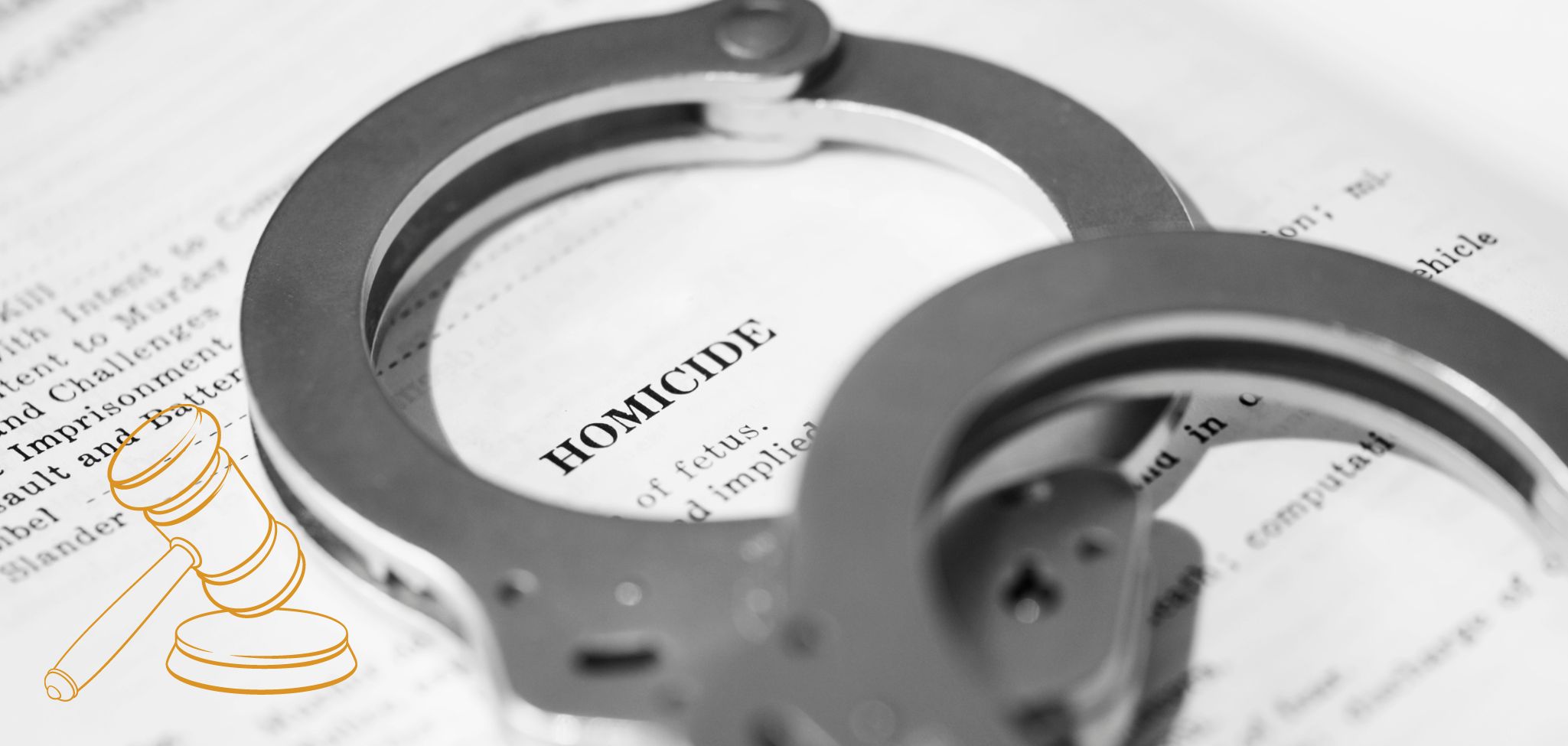Criminal Law Cases In The Magistrates Court
The Magistrates court deals with summary offences and is classed as the lower court. This is in contrary to the Supreme Court which deals with indictable offences and is classed as the higher court. Magistrate Court offences are less serious offences and they do not require trial by jury determinations. Indictable offences carry significant penalties if found guilty.
The burden of proof falls to the prosecution to prove that you are guilty of the charge and they must prove that guilt beyond a reasonable doubt. The defence in comparison only need to provide a different plausible version of events and the prosecution will have failed to make their case. The Magistrate will then decide based on the outcome, what sentence to impose if the verdict is guilty.
Criminal law is a complex and fast-paced area of law that intersects with various different forms of legislation. It is critical that you obtain appropriate advice to avoid misinterpretation of legislation or irreversible damage to your case.
The Mention Hearing
The first step in the Magistrates Court process is the mention hearing. This is the initial court date whereby your matter will come before the magistrate. This is an important hearing because it is the first impression you make before the court and that can leave a lasting memory. There are a few options for how you can handle this first appearance;
If you know how you want to plead, you can do that at this time;
You can seek an adjournment to obtain legal advice; and
You or your lawyer can seek an adjournment because you have not yet been provided disclosure of the evidence.
You are only permitted a limited number of adjournments and it is important that you use them wisely to avoid falling into difficulty. One of the biggest irritations for the court is continual adjournments to seek legal advice. This can give the impression that you are not being proactive and taking the matter seriously.
Case Study
The lawyer has told her that she should enter a plea guilty given the evidence against her. The police prosecutor has enough evidence to convict as there is video and photo evidence from the time of her arrest. There is also a witness who can confirm Laura was under the influence of alcohol. Laura will likely only receive loss of licence as a penalty as well as record a conviction. Whilst she is deemed to have posed a threat to the community, she was only 0.065 over the limit so her offending was not deemed to be severe.
Going To Court
If you are required to go to court then court etiquette is expected. You should dress and act appropriately as every action you make leaves an impression on the court. If you are nervous you can take a support person with you for moral support but they too need to be careful about how they act and dress. The court is serious place.
It is always going to be a better option to have a lawyer present with you to guide you through the process. This will allow you to sit in the courtroom without the pressure of needing to speak and advocate for yourself.
You will note once you enter the court room that the Magistrate sits at a bench higher than the rest of the room. The magistrates sit in this manner to show the hierarchy within the court. It also gives them an unobstructed view of the room, inclusive of lawyers, witnesses and the defendant.
If you are required to attend court, the most critical tip is to be early for your appearance. This will avoid the possibility of being late and it gives you time to touch base with your lawyer in a timely manner before your criminal matter starts.
How To Appeal A Legal Decision
You can appeal any legal decision that is made through the appeals process. This will mean that your matter can be reviewed by either another magistrate or higher courts to see whether there has been judicial oversight or incorrect determination made. The appeals process can be a long and arduous process as the entirety of the case and its evidence will need to be considered.
If your matter is reviewed by a higher court and you do not agree with the outcome then you can appeal the matter to the court which is higher again and so on. This process continues until it reaches the High Court which is the highest court in the Australian jurisdiction. After this point, the decision made is the final determination that can be made.
Case Study
Danny's lawyers are not confident he will win his appeal and they are concerned that often offenders receive a harsher sentencing penalty through the appeal process. Danny would also like to put in a complaint against the prosecutor for defamation in the courtroom however he has been advised this will not get him anywhere. He will remain in custody until the process is finalized and a decision made.
Contest Mention
A contest mention is the process that occurs before the trial or hearing to ensure that the matter is ready to proceed. The magistrate will ensure that all evidence and material has been filed, that each witness is ready and that there are no outstanding reports or matters which require attention.
It is a check and balance system to ensure the smooth running of the trial. It is at this stage that either lawyer may want to raise whether they consider there to be enough evidence available or whether there is any reason to have the charge moved to the Supreme Court because it has become an indictable offence.
There may be issues with witnesses giving evidence due to safety concerns or an issue with police being available to give evidence. All these matters need to be dealt with before the trial begins.
Children's Court
Children’s court deals with criminal matters involving minors. Minor offences are handled differently to adult offences as it is understood that the requisite intent is different. Children’s court is closed court and only those directly involved with the matter can be in the room at the time it is heard.
This is to protect the identity of the person charged as well as other evidence given the accused is a minor. There is no publicity regarding children’s court for this reason and all records, guilty or not guilty, are sealed.
Magistrate's Clerk
The Magistrate’s clerk is an integral part of the criminal justice system in Australia. Prosecutors, defence lawyers and defendants rely heavily on the relationship between themselves and the magistrate’s clerk when dealing with criminal proceedings.
The clerk is responsible for organizing the court and preparing the Magistrate for what matters may come before them. They are the go-between to pass messages, notes, and documents to the Magistrate. The clerk will transcript the orders that are made by the court and they prepare the paperwork to be provided to defendants following court. Essentially, the magistrates clerk keeps the court running.
Do I Need Legal Advice?
Legal advice is critical and it should be obtained at the first opportunity. The judge or magistrate may conclude that you are not taking the matter seriously if you do not obtain legal advice. Criminal cases are complex and it can be difficult to know whether to plead guilty or not guilty and exactly what the process is.
In a nutshell...
The magistrates court is an important part of the criminal justice system and it is the only way that the court deals with summary offences. Each criminal offence is subject to a court process with either a police prosecutor or department prosecutor advocating for the state.
Court cases are complex and require expert criminal lawyers to assist the magistrate with making the correct determination. If an accused person is found guilty beyond a reasonable doubt then the magistrate will need to decide what sentence is appropriate to hopefully prevent that individual from committing similar offences in the future.
If you have a matter before the Magistrates court or are charged with an offence, then contact Jameson Law today to access a team of expert criminal lawyers for assistance.

 (02) 8806 0866
(02) 8806 0866





